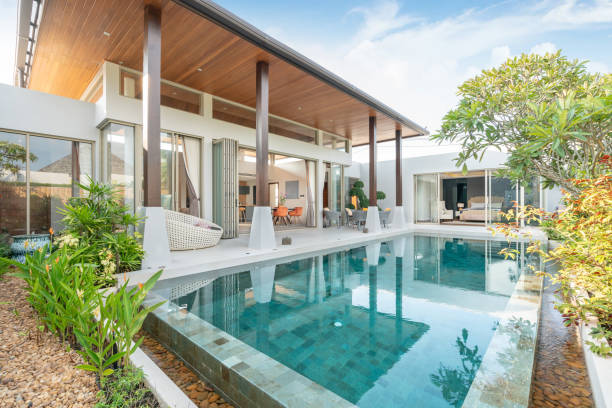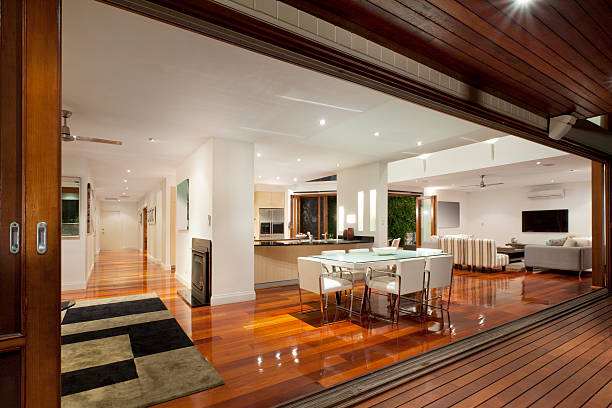The Pinnacle of Elegance: A Comprehensive Exploration of the Top 100 Luxury Fashion Brands
In the world of high fashion, luxury brands represent the epitome of style, sophistication, and exclusivity. From time-honored fashion houses that have shaped the industry for decades to modern innovators pushing the boundaries of design, the landscape of luxury fashion is a rich tapestry of creativity and prestige. This exploration delves into the top 100 luxury fashion brands, shedding light on their unique contributions, storied histories, and the impact they have on global fashion trends.
The Genesis of Luxury Fashion
The concept of luxury fashion has its roots in the early 20th century, when couture houses began to establish themselves as symbols of opulence and refined taste. Brands like Chanel and Dior revolutionized the industry with their innovative designs and high-quality craftsmanship, setting new standards for what constituted luxury. These pioneering houses laid the groundwork for an ever-expanding world of luxury fashion, influencing countless designers and shaping the direction of global fashion.
Heritage Brands: The Legends of Luxury
Among the foremost names in luxury fashion, heritage brands stand out for their enduring legacies and iconic contributions. Louis Vuitton, founded in 1854, is synonymous with elegance and innovation. Its monogrammed luggage and accessories have become symbols of status and sophistication. Similarly, Gucci, established in 1921, has continually redefined luxury with its distinctive designs and bold aesthetic.
Hermès, another storied name, has been a hallmark of luxury since 1837. Known for its meticulous craftsmanship and timeless products, such as the Birkin and Kelly bags, Hermès represents the zenith of haute couture. These brands have not only maintained their relevance through the decades but have also set the benchmark for new entrants into the luxury market.
Contemporary Visionaries: Redefining Luxury
In recent decades, a new wave of designers and brands has emerged, challenging traditional notions of luxury and injecting fresh perspectives into the fashion world. Brands like Off-White, founded by Virgil Abloh, and Balenciaga, under the creative direction of Demna Gvasalia, have redefined what it means to be a luxury brand. Their designs often blur the lines between high fashion and streetwear, reflecting a more inclusive and dynamic approach to luxury.
The rise of digital platforms and social media has also played a significant role in shaping contemporary luxury fashion. Brands like Fenty, launched by Rihanna, have leveraged these platforms to reach a global audience and engage with consumers in innovative ways. This shift towards digital engagement has transformed the luxury fashion landscape, making it more accessible and interactive.
The Intersection of Tradition and Innovation
The luxury fashion industry is characterized by its ability to blend tradition with innovation. Established brands like Prada and Valentino continue to honor their rich histories while embracing contemporary trends and technologies. Prada, founded in 1913, is known for its avant-garde approach to design and materials, while Valentino, established in 1960, combines classic elegance with modern flair.
This intersection of tradition and innovation is also evident in the work of emerging designers who draw inspiration from historical fashion while incorporating modern techniques and sensibilities. Brands like Tibi and Rejina Pyo exemplify this balance, offering fresh perspectives on luxury fashion that resonate with today’s discerning consumers.
The Role of Sustainability in Luxury Fashion
As the fashion industry evolves, sustainability has become a critical focus for many luxury brands. The increasing awareness of environmental and ethical issues has led to a growing demand for transparency and responsible practices. Brands like Stella McCartney and Chloé are at the forefront of this movement, implementing sustainable practices and advocating for eco-friendly materials.
Stella McCartney, a pioneer in sustainable fashion, has been committed to using environmentally friendly materials and ethical production methods since its inception. Chloé, under the creative direction of Gabriela Hearst, has also embraced sustainability, incorporating recycled fabrics and supporting fair trade practices. These efforts reflect a broader shift towards sustainability in the luxury fashion sector, where consumers are increasingly seeking brands that align with their values.
The Global Influence of Luxury Fashion
Luxury fashion brands have a profound impact on global culture and trends. Their influence extends beyond the runway, shaping everything from celebrity style to everyday fashion choices. The global reach of brands like Dior and Versace is a testament to their ability to captivate audiences across diverse markets and cultural contexts.
The international appeal of luxury fashion is also evident in the proliferation of flagship stores and boutiques in major cities around the world. Paris, Milan, New York, and Tokyo are home to some of the most prestigious fashion houses, each serving as a hub for luxury and style. These cities not only host high-profile fashion events but also act as cultural epicenters where global fashion trends are born and disseminated.
The Future of Luxury Fashion
Looking ahead, the luxury fashion industry is poised for continued evolution. The integration of technology, the emphasis on sustainability, and the growing importance of digital engagement are set to shape the future of luxury fashion. As new designers emerge and established brands adapt to changing consumer preferences, the landscape of luxury fashion will continue to evolve, offering fresh and exciting possibilities.
The top 100 luxury fashion brands represent a diverse and dynamic spectrum of creativity and excellence. From heritage brands that have stood the test of time to contemporary innovators redefining the industry, these brands embody the essence of luxury and continue to set the standard for elegance and style. As the world of fashion moves forward, these brands will undoubtedly play a pivotal role in shaping the future of luxury and influencing global fashion trends.
.jpg)



